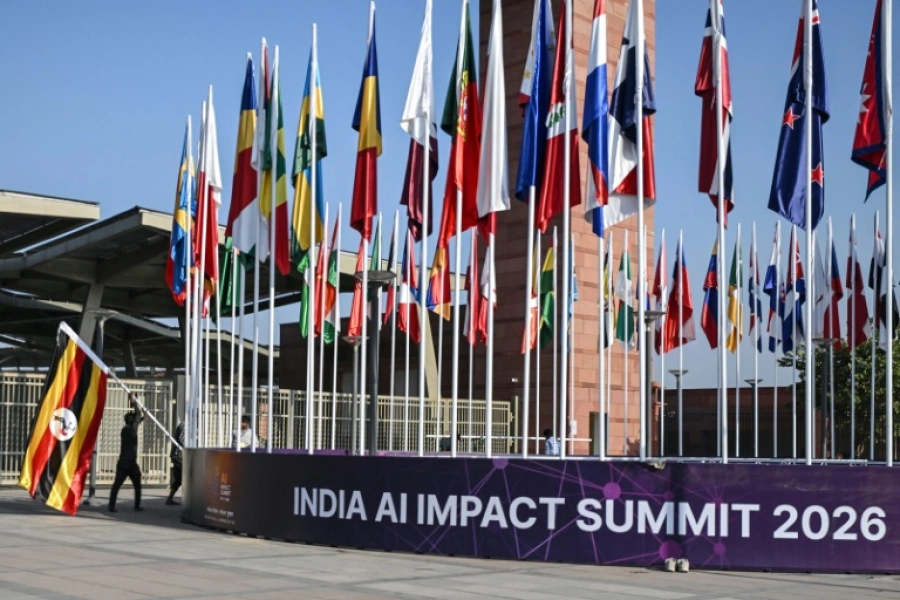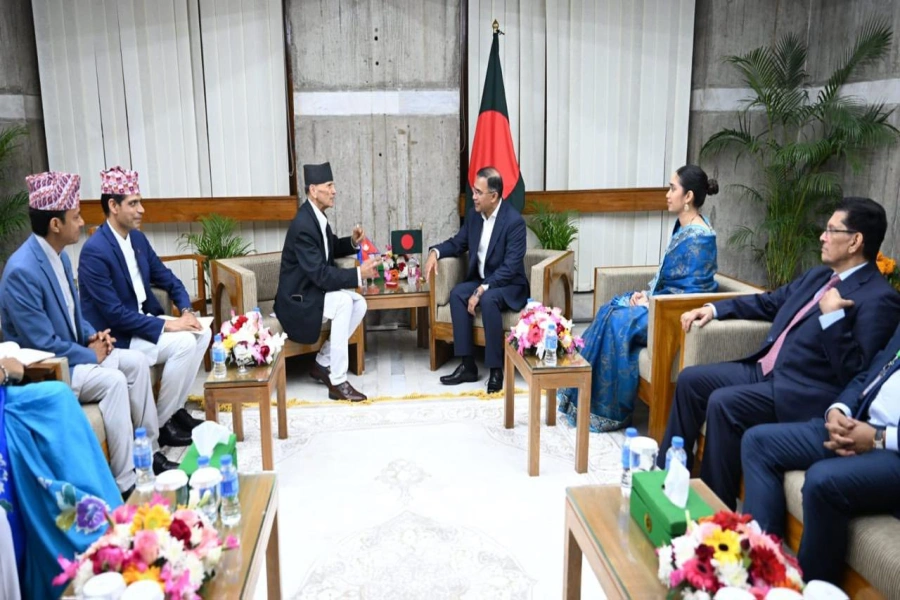A constitution is merely a piece of paper in the hands of the people who have no respect for the rule of law.
After four years and after the expenditure of over US $35 million of donor and taxpayer money, all that the lawmakers wanted was yet another extension as their ‘reward’. Fortunately, the Supreme Court rejected the proposal out of hand. This presented the country with a wonderful opportunity to think outside the box. But what we have done since is strapped ourselves for yet another election. Make no mistake: this is merely a tool to postpone meeting our real challenges. To believe that either CA revival or new elections are the only two options is a myth. They cannot be considered options as they have been tried and tested, and have proven to be failures.

PHOTO: EHOW.COM
What will another election achieve? What has any election achieved over the last five decades? Nothing substantial. Equation of election to democracy is the myth being blatantly promoted by politicians to hide their shortcomings. How much will a new electoral exercise cost us? And what will it achieve apart from further sloganeering, further attempts to divide the nation along ethnic, social and religious lines? All to achieve the one and only objective of our politicians—power. Since the advent of the much-touted multiparty democracy, there have been endless elections, billions have been wasted. But what have we achieved? Nothing! And yet another round of elections will be held where corrupt politicians with support from corrupt businessmen and hired thugs will win. Then what? Yet another round of abuse of power, corruption and kleptocracy?
Elections are not the solution because they will merely be supporting a system that has not delivered. The fault lies with the system itself—this needs to change. The theory that democracy is exercised through casting of a vote and that elected people will represent the wishes of the people is a fallacy—we as a human race in 21st century need to do better.
A big percentage of the national budget is spent on salaries and perks of politicians and bureaucrats. How many MPs will taxpayers and remittance of poor Nepalis continue to support? Will WE, the people of Nepal, ever have a genuine say in this matter?
Injustice and discrimination have been integral parts of this country. To believe that things have changed for the better after the introduction of the multiparty system or a future system based on ethnicity would be simplistic. People from the least developed geographical areas continue to be marginalized, yet are expected to equally share the brunt of international loan. Moreover, within every ethnicity there are the elites. Ethnicity-based divisions—a veritable Pandora’s box—has now been opened. But will it really serve the interests of the marginalized or create yet another brand of leaders in each ethnic group who will harp on the ethnicity mantra for personal benefits?
The entire foundation of Nepal is based on illegality and illegitimacy and yet today the entire debate is how some move is “constitutional” or “legal.”
Have not the changes come at a price, violence and conflict thereby legitimizing the use of more violence? This brings us to the question of use of legitimate vs illegitimate violence: first, who decides? How much time has to lapse before any illegitimate act is considered legitimate?
Will a fresh election be able to deliver a new constitution? The possibility is bleak as all that the political parties seem to be interested is in divide-and-rule to serve their petty political interests. Even if we do manage to get an excellent constitution engraved in gold and blessed with all the holy water of the world, what good purpose will it serve in the hands of the present-day Nepali leaders? The problem is the perverted mindset of the current crop of leaders and without changing it, the nation cannot be changed.
Today the biggest challenge that the county faces is youth unemployment, which poses a big threat to peace, development, democracy and stability, making our youth vulnerable to exploitation by political leaders. This culture in turn gives rise to “patronage democracy’ whereby ill-gotten wealth will buy votes and muscle-power so that the vicious cycle of corruption can continue.
Post-conflict risks are especially high in unstable political environments. The solutions are good governance, economic growth and transparency in government expenditure including not top- down but bottom-up audits. However, most parties focus their energies only on coming to power and retaining it. As a result, frustration, anger and desperation continue to feed the vicious cycle of violence. Will the proposed elections result in anything different?
The multiparty electoral system should be considered a failure in Nepal—it has merely fueled a system dictated by the parties trying to superimpose a culture of party affiliations over the more traditional affiliations in the country. It is time to elect individuals whom the people can hold accountable, and not a party. The parties have committed all forms of violence, indulged in corruption, interfered with the judiciary and bureaucracy and still gotten away with it.
How can the country continue to support a system that has failed to deliver and at the same time violated our rights in the name of democracy? It is time to think outside the box and stop equating democracy to “multiparty politics”, for democracy as a system, a philosophy, an ideal, can be implemented in various forms and to various degrees.
The practice of allocating VIPs lifelong benefits at the taxpayers’ expense is akin to the French royalty’s indifference to the hardships, aspirations and realities of the common people, which then gave birth to the French revolution. The system in existence in Nepal cannot bring the desired changes. It is time to change the system itself. Like a pack of dominos, the old guard needs to fall.
The people need to take power into their own hands, create an interim peoples’ platform/consortium and with the mandate of the people, govern for at least ten years. In the meantime, they should prepare the country for democracy, design and set up a workable system, revisit all rules, legislation and policies, hold people who have abused power and authority to account, and prepare the people for elections to draft a constitution—by the people and for the people.
For this, the power should reside in the hands of the people, at the level of the villages and communities and not bestowed on their so-called “representatives”.
The author is an expert on development and emergency management
Red Panda in school curriculum





































